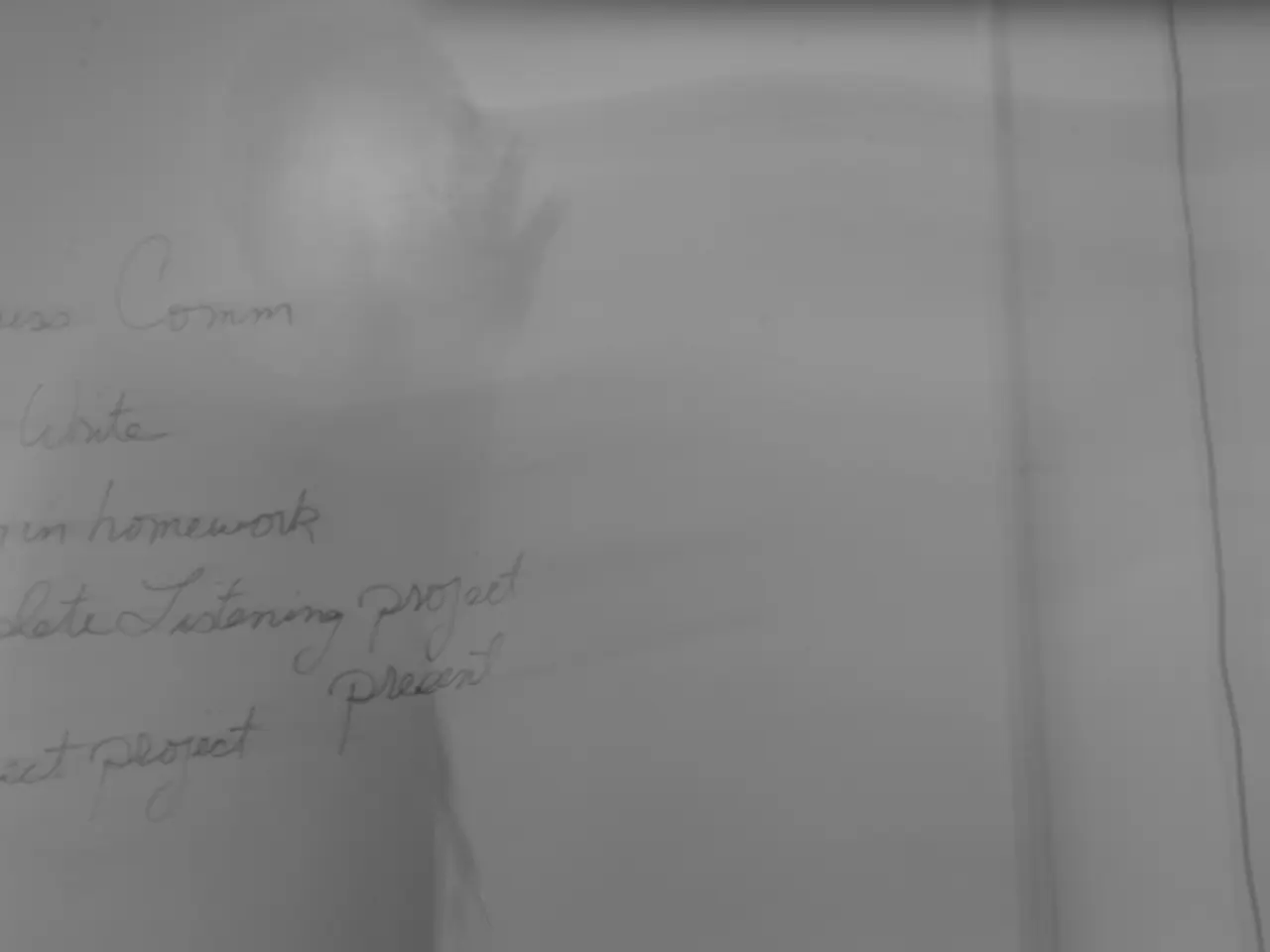Transition from a Republic to a Tyrannical Democratic Regime
In a time of political and institutional upheaval, a significant debate is unfolding in American society. Some argue that the United States is evolving from a constitutional republic, as envisioned by its Founding Fathers, towards a more direct and participatory democracy. Critics, however, maintain that what is often referred to as "our democracy" is, in fact, a constitutional republic designed to prevent the capriciousness of the human mind and the tyranny of majority rule.
Noah Webster, Zephaniah Swift, and John Quincy Adams, among other Founding Fathers, expressed concerns about the potential instability and short-lived nature of pure democracy. They feared the "mobocracy" inherent in a pure democracy and chose a republican form of government instead, as stated in the United States Constitution.
However, the evolution towards a more democratic system has sparked concerns about the erosion of constitutional checks and balances. Some fear that majoritarian democracy may undermine the very safeguards that protect minority rights and ensure stable governance. The original republican model was designed to allow elected representatives to deliberate on behalf of citizens, acting as a bulwark against the tyranny of the majority.
Yet, critics contend that the existing system also falls short of democratic ideals, entrenching inequality and limiting political responsiveness, which contributes to polarization and institutional decay. Reforms aimed at making the political system more directly democratic, such as changing voting procedures or abolishing the Electoral College, might increase polarization or fail to effectively reduce partisan divides.
Another concern is the growing use of a "living Constitution" approach by activist federal judges to create policy that reflects modern needs. This approach, some argue, empowers an unaccountable elite few to make decisions at their whim, undermining the rule of law and invariably trampling the rights of the individual.
Recent years have seen attacks on key democratic institutions—the courts, press, and civil society—undermining constitutional democracy and enhancing fears about the fragility of democratic governance in the U.S. A return to indoctrination-free classical education with a focus on American history and civics is suggested as a good starting point to educate all Americans about the facts of our founding principles and form of government.
The debate highlights the tension between the U.S.'s founding as a constitutional republic with representative government and contemporary calls for a more direct and participatory democracy. The concerns focus on the risks of weakening institutional protections and the potential rise of authoritarianism or political instability in a majoritarian democracy, alongside critiques that the current republican system also falls short of democratic ideals and inclusiveness.
References: - https://www.americanthinker.com/articles/2024/08/from_republic_to_tyrannical_democracy.html - https://www.thelibertybeacon.com/from-republic-to-tyrannical-democracy/
[1] From Republic to Tyrannical Democracy. (2024, August). American Thinker. Retrieved from https://www.americanthinker.com/articles/2024/08/from_republic_to_tyrannical_democracy.html [2] From Republic to Tyrannical Democracy. (2024, August). The Liberty Beacon. Retrieved from https://www.thelibertybeacon.com/from-republic-to-tyrannical-democracy/ [3] The Debate Over America's Transition from Republic to Democracy. (n.d.). [Unpublished manuscript]. [4] The State of Democracy in America. (2022, May). Carnegie Endowment for International Peace. Retrieved from https://carnegieendowment.org/2022/05/05/state-of-democracy-in-america-pub-82784
Read also:
- Inherent Skills Know No Bounds, Yet Access to Employment Remains Unequal: Suggestions for a More Equitable Job Market of the Future
- Revealed: Top and Bottom UK Banks for Digital Banking Services
- Affordable supermarket purchases from dollar stores are not sabotaging typical American nutritional habits, according to research findings
- Impact of Chronic Stress on Cognitive Function and Brain Integrity Over Time






